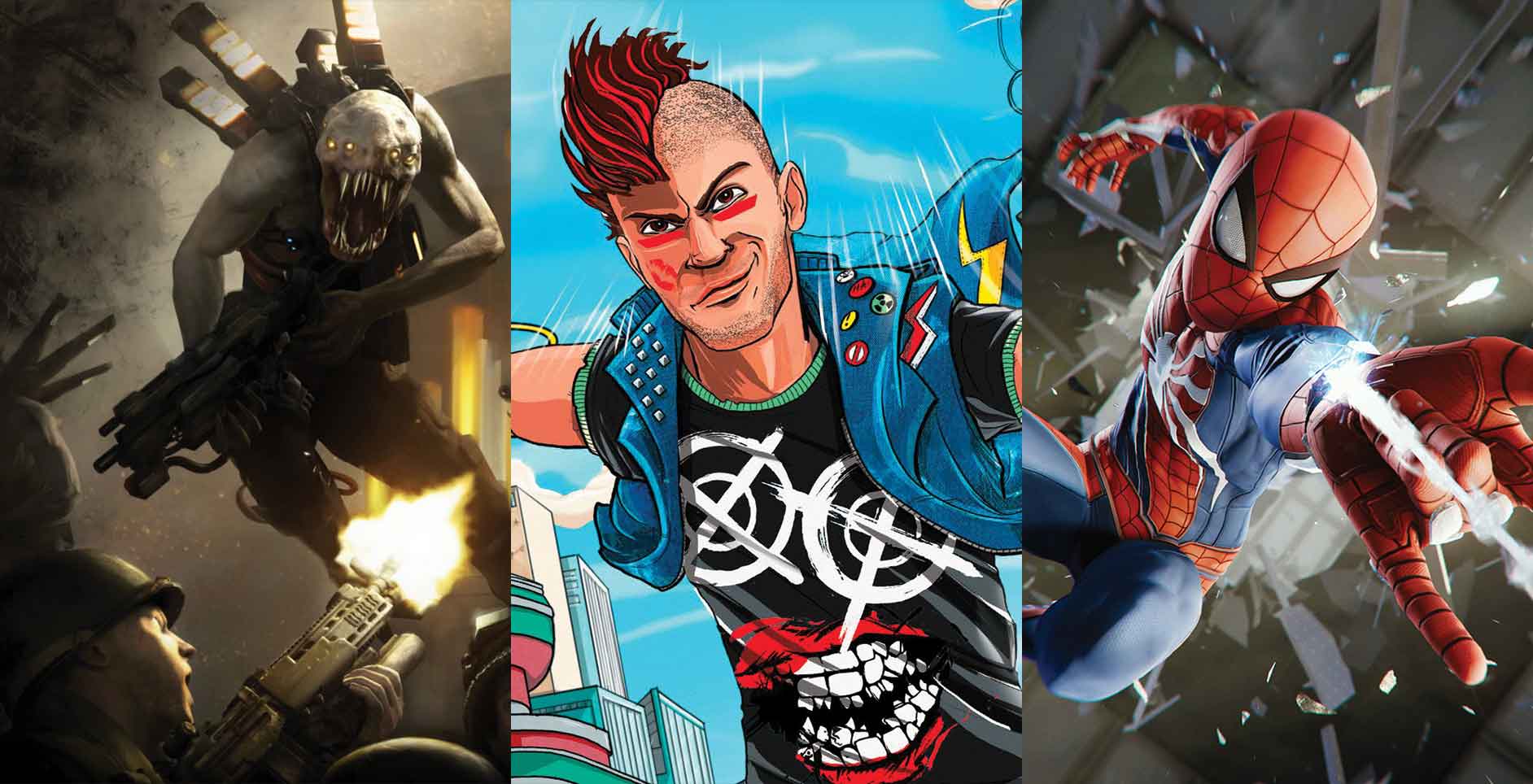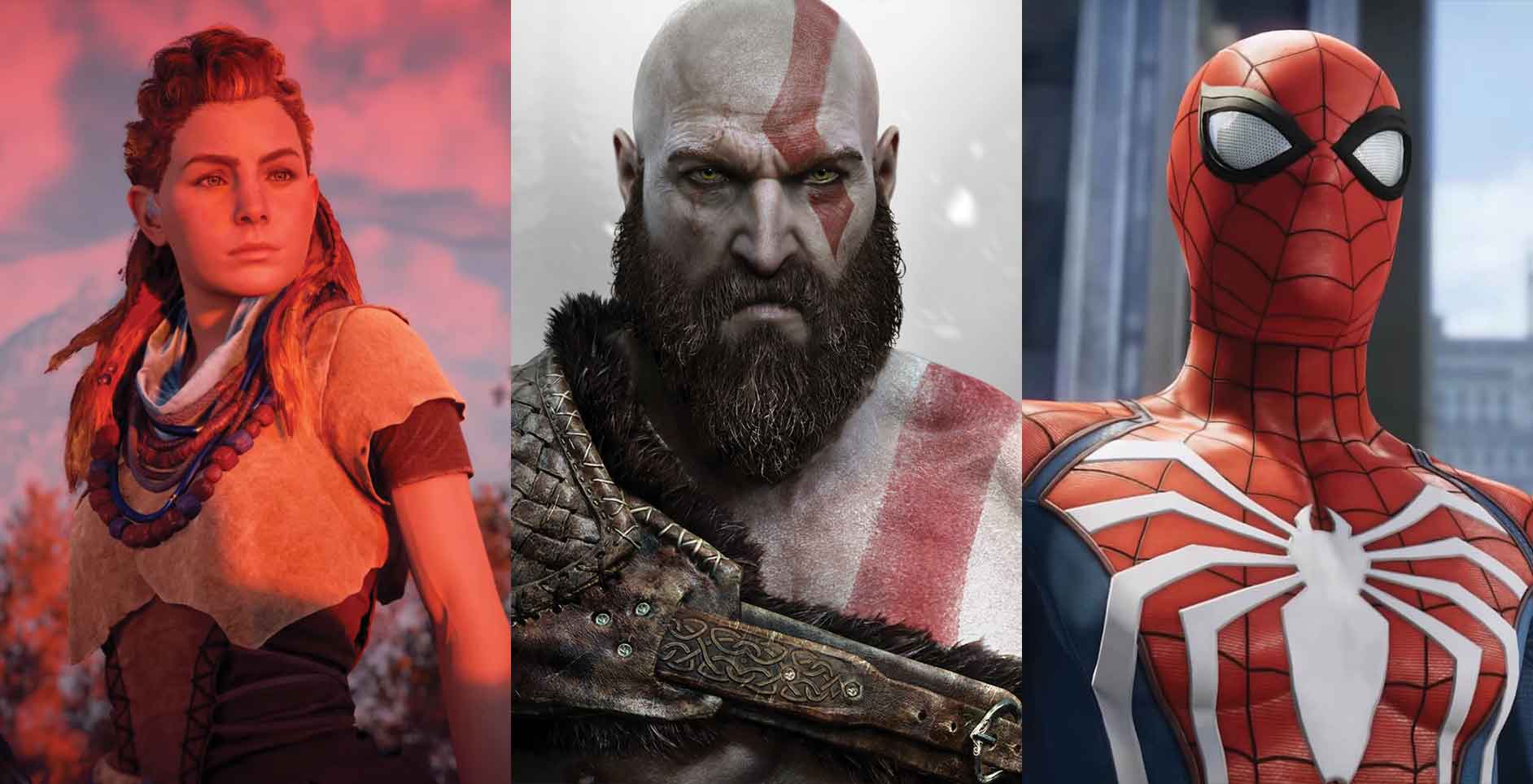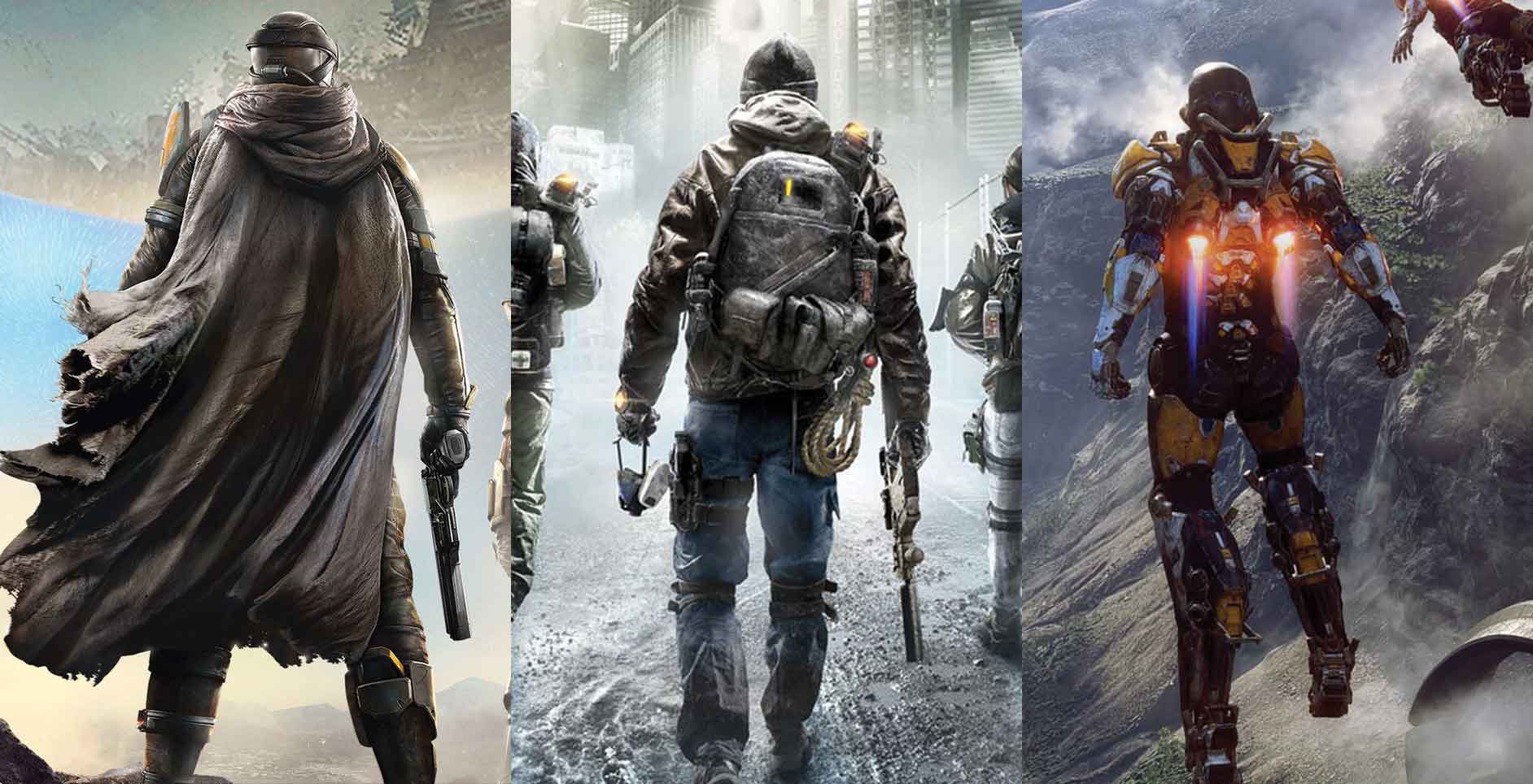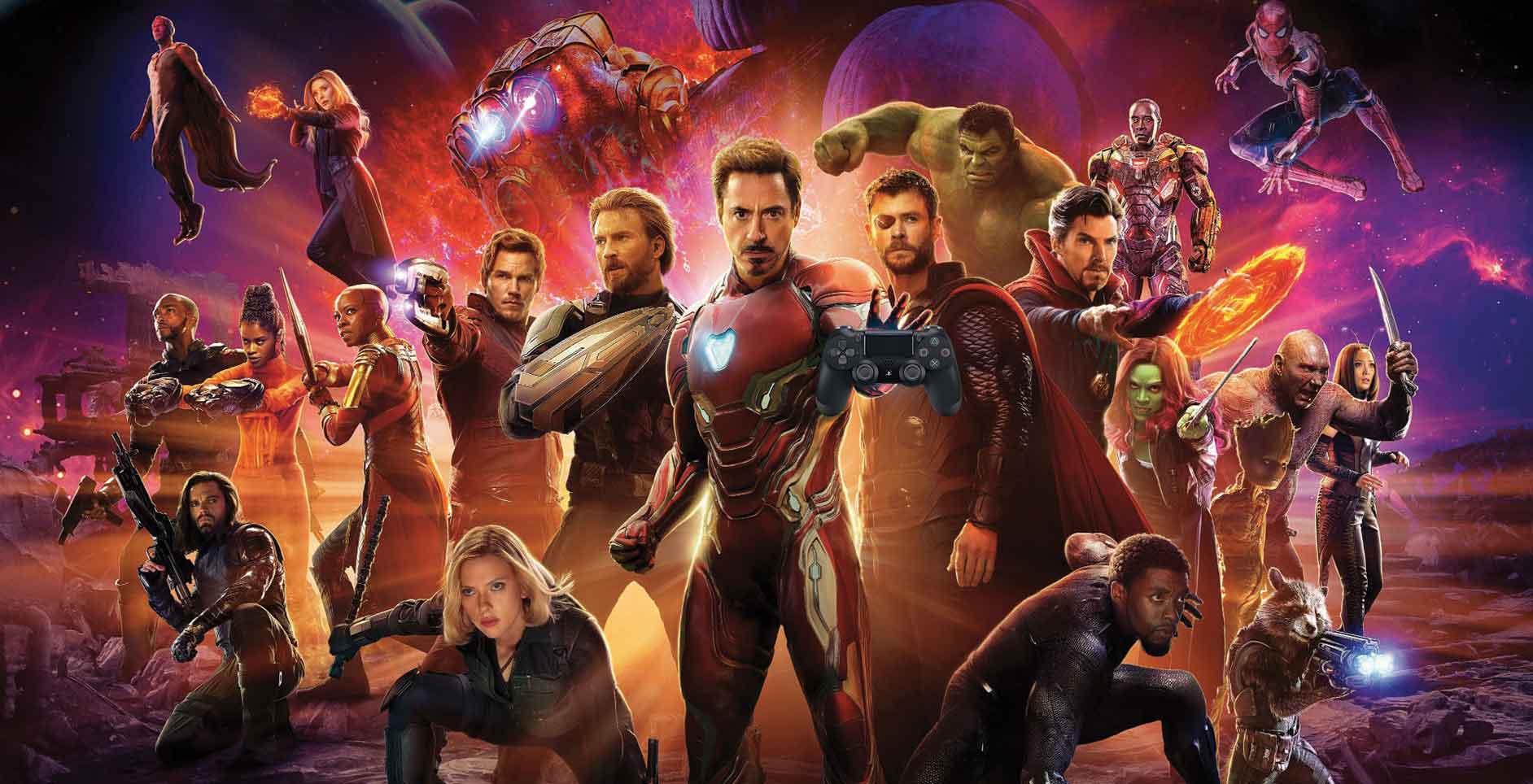According to sales numbers in the UK, Spider-Man is the fastest selling game so far in 2018. Such an achievement eclipses the sales numbers of the critically acclaimed God of War, and the multi-platform Far Cry 5. It’s also the fastest-selling Marvel game ever, beating LEGO Marvel Super Heroes.
These sales numbers are exceptional, but they are not surprising considering the buzz behind the game. The game’s marketing has been crazy. We saw trains taken over in NYC’s subway and a web spun between Sony’s buildings San Mateo. In Press Start’s own polls, it was deemed more anticipated than Fallout 76, the Spyro Reignited Trilogy and Shadow of the Tomb Raider. Eventually, it was only beaten by Super Smash Bros. Ultimate, and by just 4.54% of the vote.
But Spider-Man’s success teaches us some important lessons. Firstly, singleplayer games are here to stay, and secondly, Marvel might be just as powerful in the video game space as it is in the film industry.

Let us first credit Insomniac, however. Arguably one of the hardest working development teams out there, their 24-year history has seen them produce a tonne of well-received games, notably the early Spyro the Dragon games, Ratchet and Clank, and Resistance. Their first foray into multi-platform, Fuse, received less than favourable reviews, but their collaboration with Xbox on Sunset Overdrive gained deserved praise. They’ve also pushed out several mobile and VR-based games in the meantime. Regardless, Spider-Man is perhaps the most monumental triumph for the talented team at Insomniac, warranting a score of 10 from us here at Press Start, and achieving a Metascore of 87. Their game is ridiculously good, so it makes perfect sense that it would sell ridiculously well.
However, Spider-Man’s success proves singleplayer games are still highly sought after. Of course, there have been many that have proclaimed the death of singleplayer games, as PlayStation’s first party studios and Bethesda doubled down with titles such as Horizon: Zero Dawn, God of War, Wolfenstein and Doom all being embraced by the wider gaming community.
Major publishers such as EA, Activision and Ubisoft still seem to prioritise multiplayer experiences, borrowing elements of MMO games in the likes of Anthem, Destiny and the Division. EA came under significant scrutiny when they closed Visceral Games and shifted the narrative-driven Star Wars game – being helmed by former Uncharted director Amy Hennig – to different studios to redesign the game according to “fundamental shifts in the marketplace.” Housemarque, who released consecutively lauded arcade games, abandoned the classic genre in favour of multiplayer games.
Whilst there may well indeed by a demand for MMO like games, there indeed seems to remain an insatiable thirst for solo experiences. Bethesda seems acutely aware of this and is endeavouring to appeal to both with Fallout 76, a game that can be played through by yourself, or with a squad. Spider-Man is further proof that gamers crave games they can play through themselves. Multiplayer functionality is not essential to game’s mainstream appeal.
Spider-Man also suggests that Marvel may indeed be as powerful in the games industry as it is when it comes to movies. The Marvel Cinematic Universe appears four times in the top ten highest grossing films of all time, with the three Avenger’s films and Black Panther all exceeding $1.3 billion each in global grossing. Their reach extends rare beyond our hardcore gaming circles.
Spidey oozes brand power. The Tom Holland lead Spider-Man Homecoming has propelled the iconic comic book character to the front of people’s minds once again, and Sony and Marvel have been clever in quickly cashing in on everyone’s favourite friendly neighbourhood Spider-Man once again, with the help of Insomniac of course. I suspect the long-talked-about Avenger’s game being developed by another talented studio, Crystal Dynamics, will also record impressive sales numbers.
The Avenger’s Project, as it has been dubbed, is, however, a multiplayer game. Whether or not that really does make a substantial difference in terms of demand, remains to be seen, but I suspect Marvel games, and singleplayer games too, will just keep on coming.



